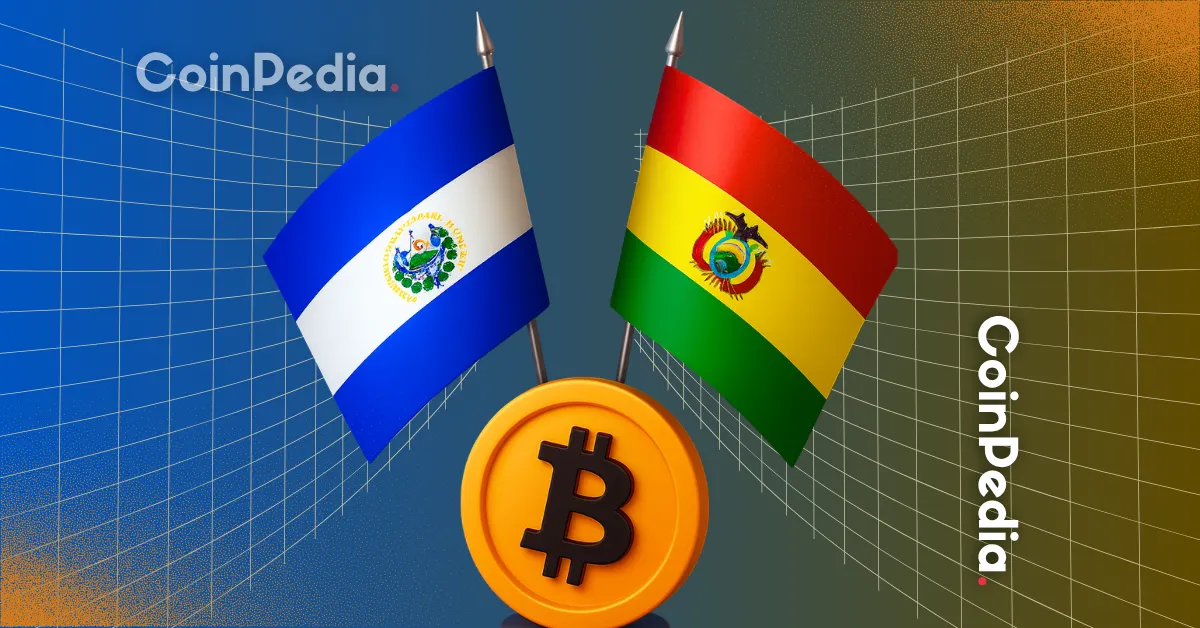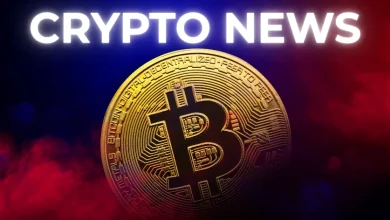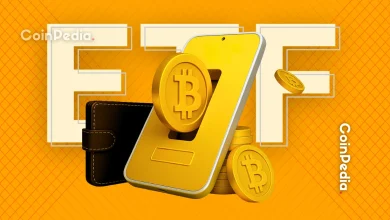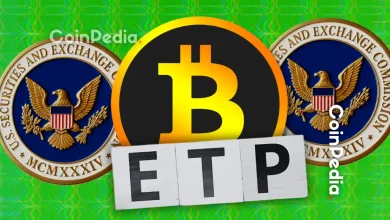
Bolivia signed a deal with El Salvador to develop its crypto regulatory and technical framework.
Crypto transactions in Bolivia surged over 500% in a year amid a worsening dollar shortage.
The govt. is turning to Bitcoin and stablecoins for payments, imports, and everyday use.
Cryptocurrency adoption in Bolivia is gaining speed, and it’s now getting international support. On Wednesday, Bolivia’s central bank signed a memorandum of understanding with El Salvador to support the growth of cryptoassets in the country.
With crypto usage rising fast and access to U.S. dollars tightening, this partnership could redefine how Bolivians interact with money.
Dive into the details below.
Bolivia and El Salvador Unite to Shape Crypto Framework
The Central Bank of Bolivia (BCB) and El Salvador’s Comisión Nacional de Activos Digitales (CNAD) will collaborate on building a legal and technical framework for digital assets. Their joint efforts will focus on blockchain intelligence, regulatory policy, and risk management. The agreement is open-ended and active immediately.
Signed in La Paz by BCB Acting President Edwin Rojas Ulo and CNAD President Juan Carlos Reyes García, the deal focuses on sharing best practices, regulatory expertise, and technical know-how.
Crypto Transactions Are Booming
This partnership comes at a time of rapid crypto growth in Bolivia. According to the BCB, crypto-related transactions rose from $46.5 million in June 2024 to $294 million by June 2025.
This massive growth came after the introduction of Decree No. 082/2024, which lifted previous restrictions and opened the door for wider use of cryptocurrencies in the country. The policy shift allowed banks and financial institutions to support transactions in Bitcoin and stablecoins.
El Salvador Brings Regulatory Experience
Bolivia notes that El Salvador’s CNAD has become a key player in the digital asset ecosystem globally, as it promotes innovation, security, and regulatory compliance in this sector.
Bolivia’s Central Bank also said that it is working to modernize the financial system and help more people access it by using new crypto-friendly policies.
Crypto Usage Surges Amid Dollar Shortage
Bolivia’s shift to crypto began in June 2024, when the government lifted its long-running ban on digital currencies and allowed banks to process transactions in Bitcoin and stablecoins.
With the local currency losing value and U.S. dollars in short supply, more Bolivians are using crypto platforms like Binance and stablecoins like Tether. Monthly transactions hit a record $68 million in May 2025.
For many, digital money has become a more stable and accessible option.
Govt. Backed Crypto Payments in Action
In March this year, the state oil company, YPFB, was authorized to use crypto to pay for fuel imports, an urgent response to the country’s worsening shortage of U.S. dollars and rising import hurdles.
The country’s foreign exchange reserves have plummeted from $15 billion in 2014 to under $2 billion by the end of 2023. Some local shops have started pricing goods in Tether (USDT), which shows how digital assets are becoming a practical solution in everyday life amid the currency crisis.
Bolivia’s alliance with El Salvador is a sign of good things to come. We might soon see Bolivia become a key player in Latin America’s digital finance scene.
Never Miss a Beat in the Crypto World!
Stay ahead with breaking news, expert analysis, and real-time updates on the latest trends in Bitcoin, altcoins, DeFi, NFTs, and more.
FAQs
Bolivia and El Salvador partnered to build a crypto legal framework and share regulatory, technical, and risk management expertise.
With the local currency weakening and USD scarce, Bolivians are using Bitcoin and USDT as more stable alternatives for transactions.
Bolivians increasingly use Bitcoin and stablecoins like USDT, with Binance as a preferred platform. Some shops now price goods in Tether.
El Salvador shares regulatory expertise from its Bitcoin adoption experience, assisting Bolivia in building legal/technical frameworks for digital assets.
Trust with CoinPedia:
CoinPedia has been delivering accurate and timely cryptocurrency and blockchain updates since 2017. All content is created by our expert panel of analysts and journalists, following strict Editorial Guidelines based on E-E-A-T (Experience, Expertise, Authoritativeness, Trustworthiness). Every article is fact-checked against reputable sources to ensure accuracy, transparency, and reliability. Our review policy guarantees unbiased evaluations when recommending exchanges, platforms, or tools. We strive to provide timely updates about everything crypto & blockchain, right from startups to industry majors.
Investment Disclaimer:
All opinions and insights shared represent the author's own views on current market conditions. Please do your own research before making investment decisions. Neither the writer nor the publication assumes responsibility for your financial choices.
Sponsored and Advertisements:
Sponsored content and affiliate links may appear on our site. Advertisements are marked clearly, and our editorial content remains entirely independent from our ad partners.








